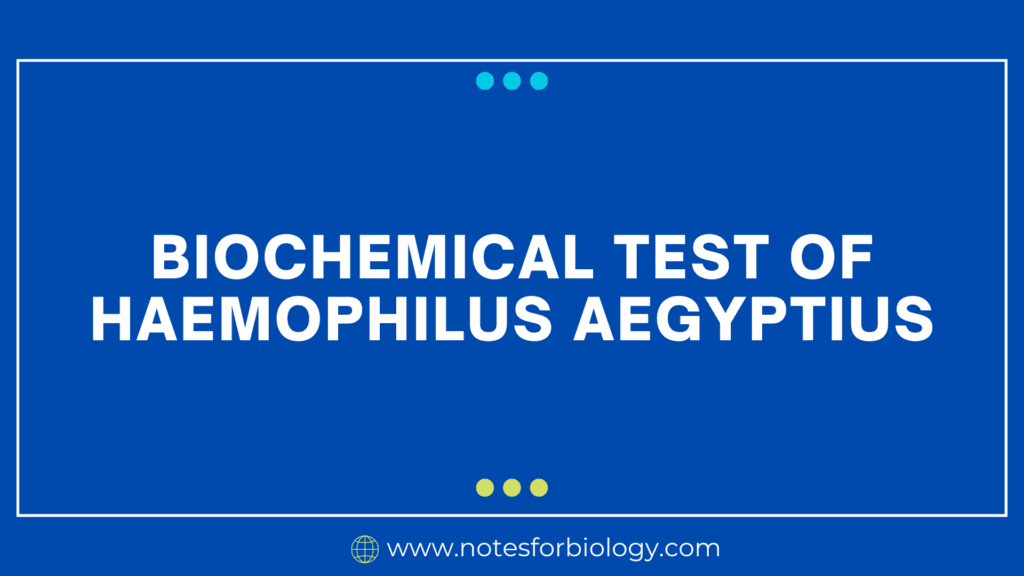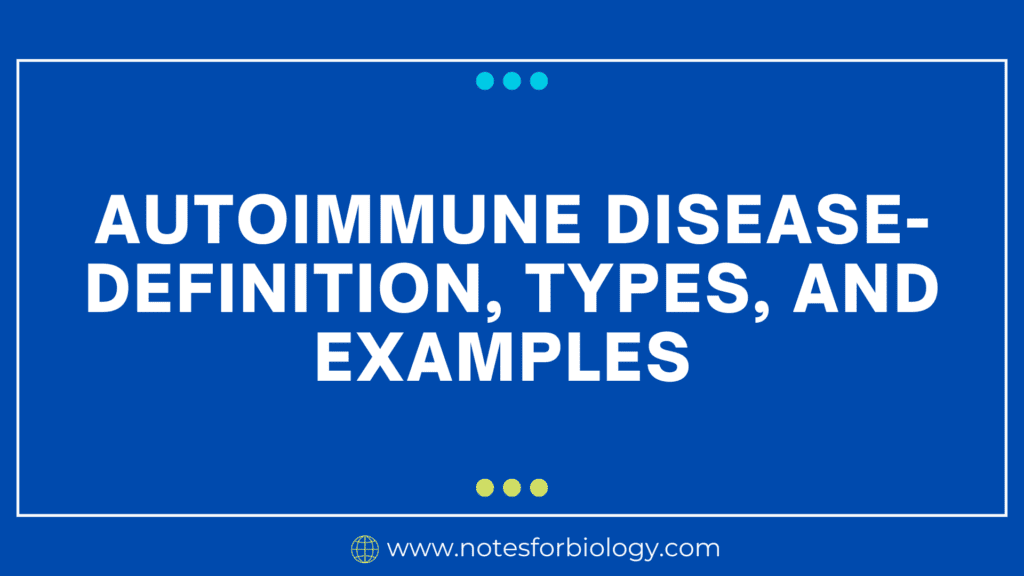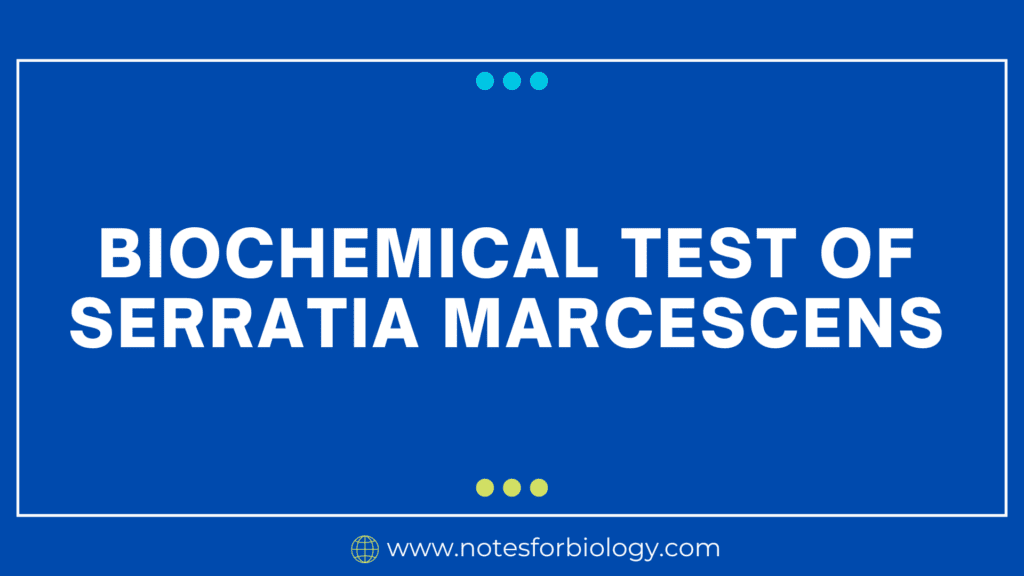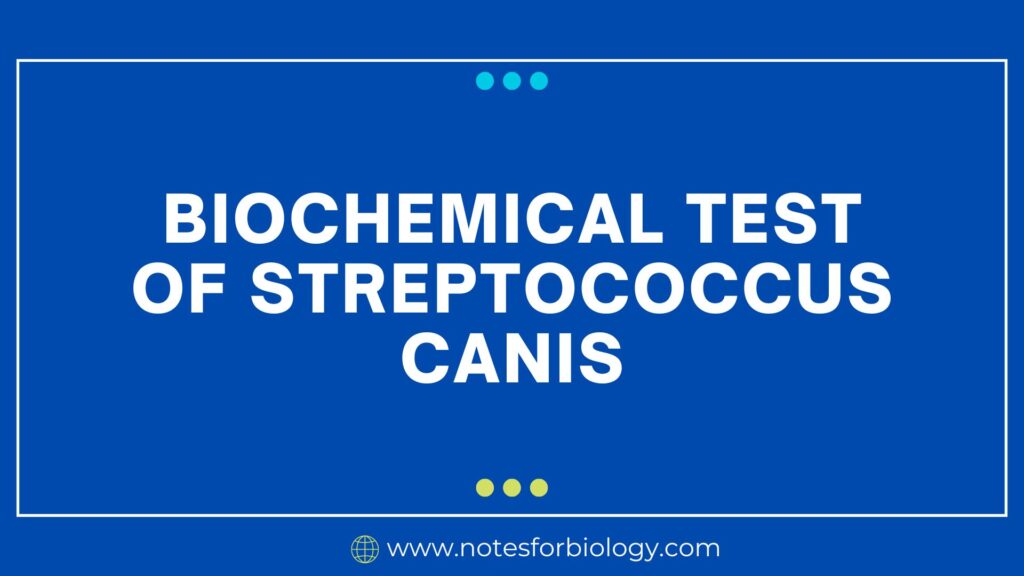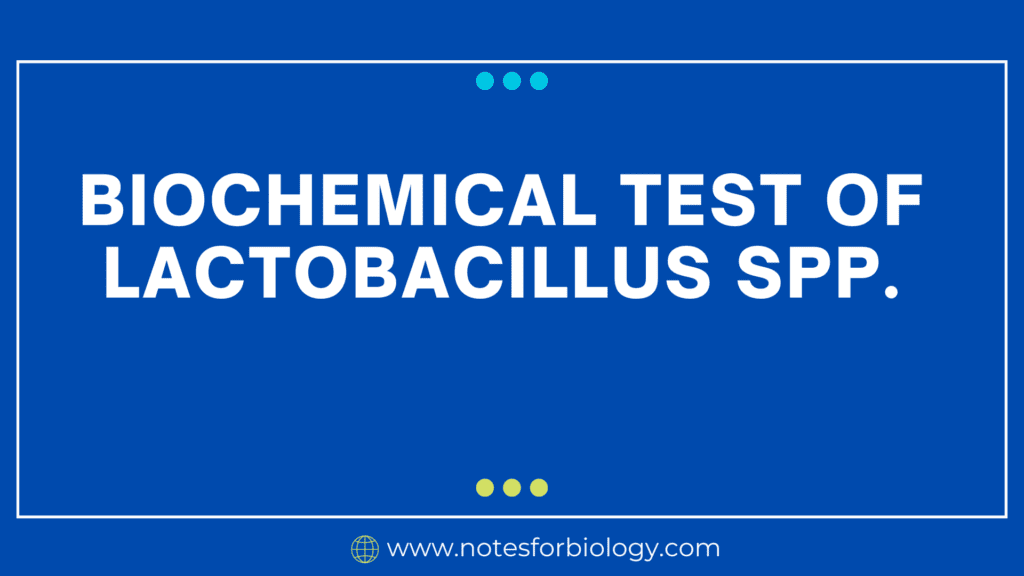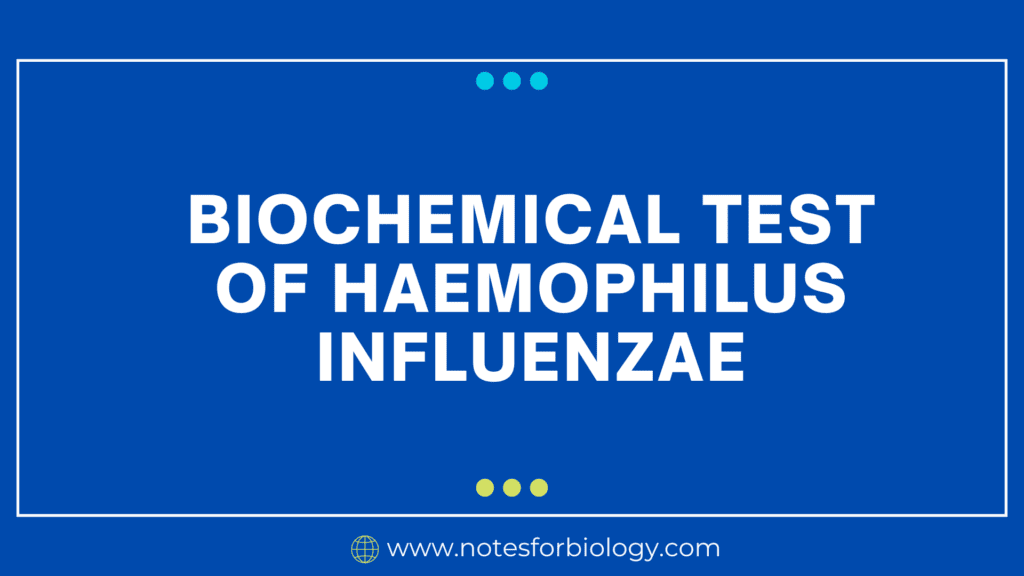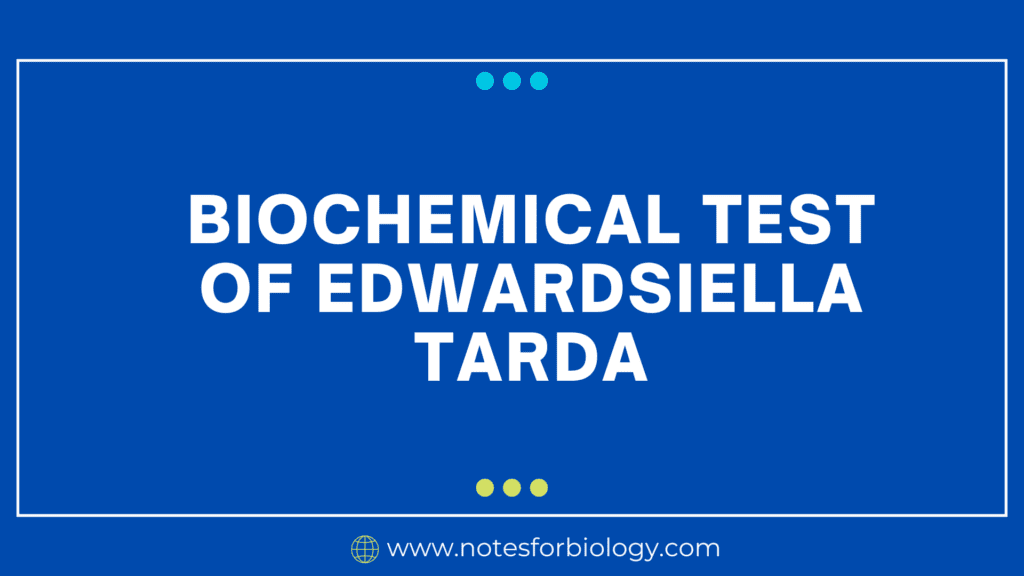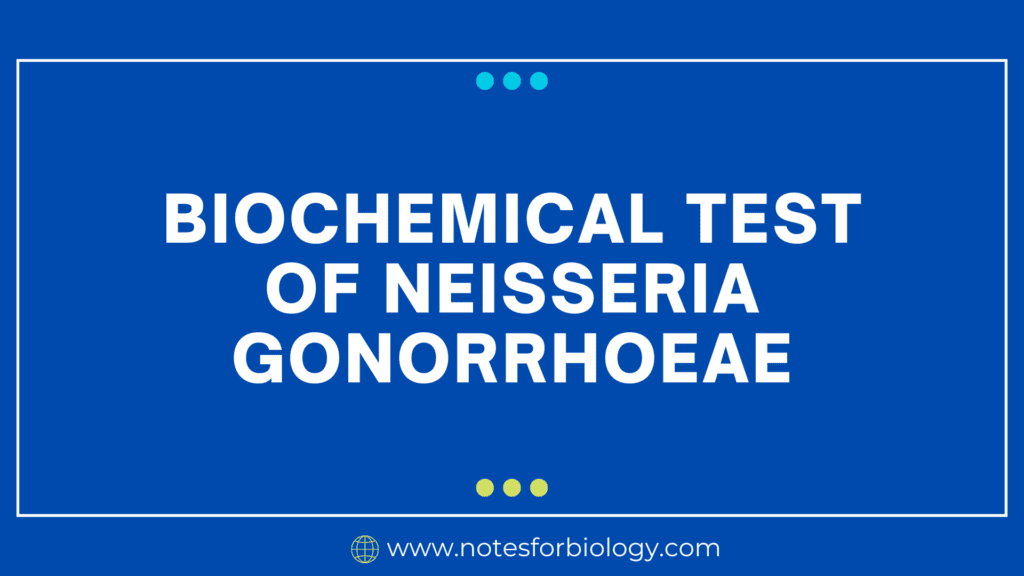Biochemical Test of Haemophilus aegyptius
Haemophilus aegyptius, commonly referred to as Koch-Weeks bacillus, is a pleomorphic, non-motile, Gram-negative coccobacillus that is mainly linked to acute conjunctivitis, or pink eye. In the lab, identifying this bacteria entails a battery of biochemical assays that take use of its distinct enzymatic and metabolic characteristics. I will go into great depth about these tests […]

